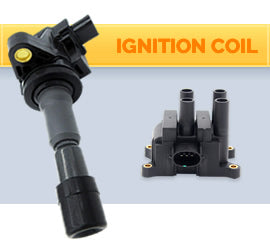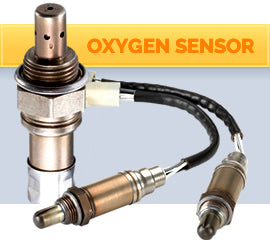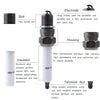Industrial Spark Plugs vs. Conventional Spark Plugs: Key Differences Explained

When it comes to automotive maintenance, one component that plays a crucial role in igniting the fuel-air mixture is the spark plug. While conventional spark plugs are commonly used in everyday vehicles, industrial spark plugs offer enhanced performance and durability in specific applications. In this article, we will delve into the key differences between industrial spark plugs and conventional spark plugs, helping you understand their unique characteristics and benefits.
-
Heat Range: Industrial spark plugs are designed to operate at higher temperatures than conventional spark plugs. They have a broader heat range, allowing them to withstand the intense heat generated in heavy-duty applications or high-performance engines. Conventional spark plugs, on the other hand, are designed for standard operating conditions and have a narrower heat range.
-
Electrode Design: Industrial spark plugs feature a robust electrode design, typically incorporating precious metals like platinum or iridium. These materials offer superior resistance to wear and corrosion, ensuring long-lasting performance even in harsh operating conditions. Conventional spark plugs may have a standard electrode design made of copper or nickel alloys, providing reliable ignition for regular driving needs.
-
Insulator Material: In industrial spark plugs, the insulator material is often engineered to withstand higher pressures and temperatures. Ceramic or composite materials with excellent thermal conductivity and insulation properties are used to ensure optimal spark plug performance. Conventional spark plugs usually feature an insulator made of porcelain or alumina, which is suitable for typical engine requirements.
-
Thread Design: Industrial spark plugs often have a different thread design, such as a tapered or interference fit thread. This specialized design helps secure the spark plug tightly in place, preventing any potential gas leakage under extreme operating conditions. Conventional spark plugs generally have a standard thread design suitable for regular engine applications.

Conclusion: Industrial spark plugs and conventional spark plugs differ in several key aspects, making each suitable for specific applications. Industrial spark plugs excel in high-temperature, heavy-duty scenarios, offering enhanced performance, durability, and reliability. On the other hand, conventional spark plugs are designed for standard operating conditions and provide reliable ignition for everyday driving needs. Understanding these differences allows you to choose the appropriate spark plug for your specific vehicle and application requirements.
For reliable and efficient ignition, consult your vehicle manufacturer's recommendations or seek advice from automotive professionals to ensure you select the right spark plug type for your engine.
- Posted in Autoparts, Import, Industry, spark plugs, Supplier












